liú
to stay
Phonosemantic compound. 田 represents the meaning and 卯 represents the sound.
Evolution

Bronze script
Late Western Zhou (~800 BC)
Seal script
Shuowen (~100 AD)
Clerical script
Eastern Han dynasty (25-220 AD)Regular script
ModernDefinitions
Most common words with 留
Freq. | Word | Meaning |
|---|---|---|
to retain | ||
to leave behind | ||
to retain | ||
message | ||
to set aside for |
Component uses
Sources
